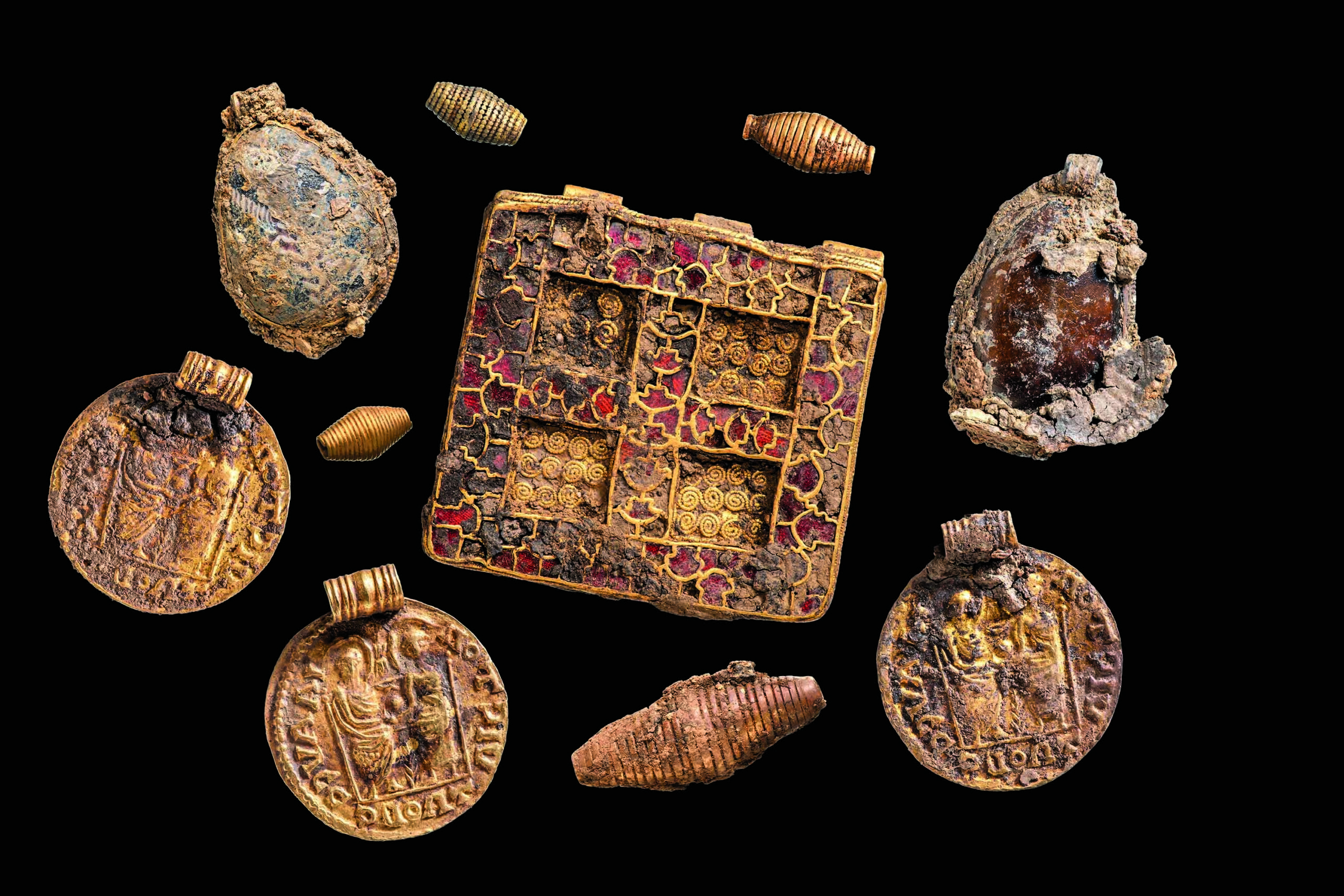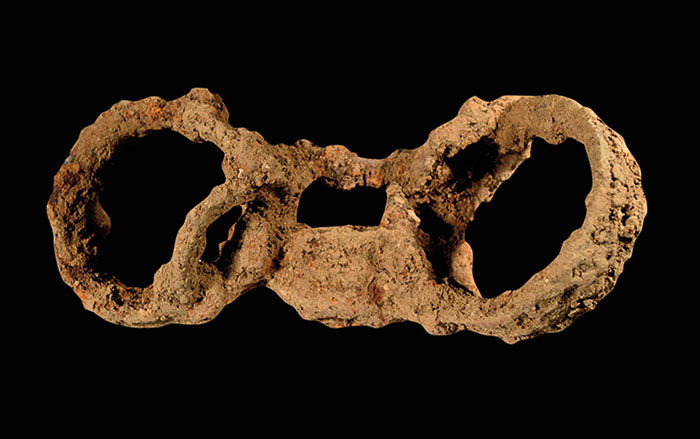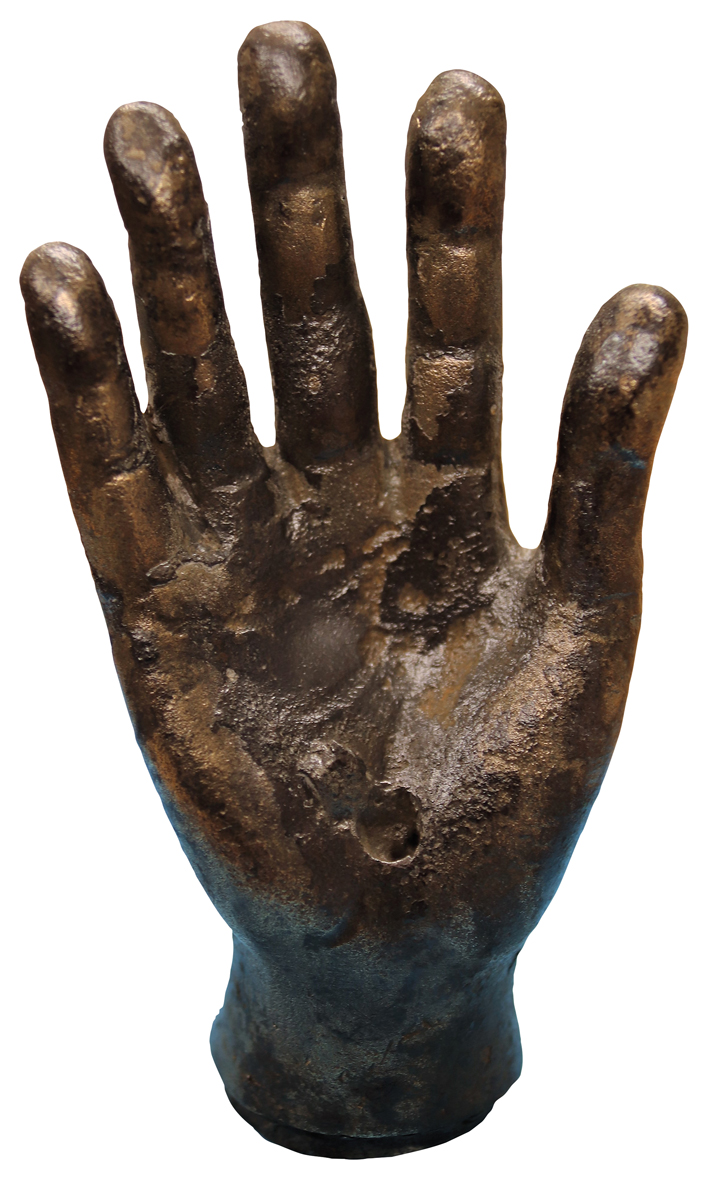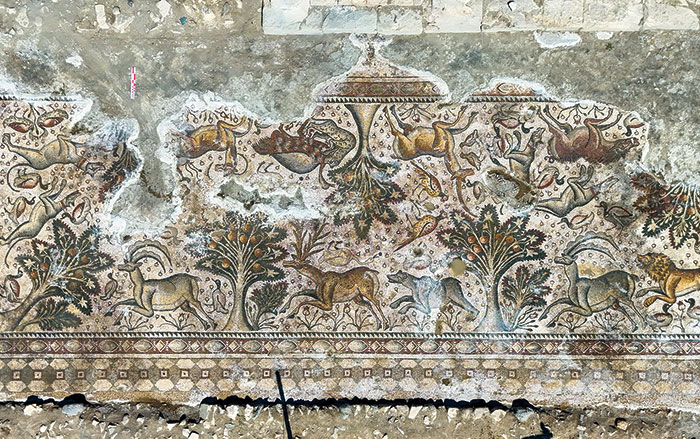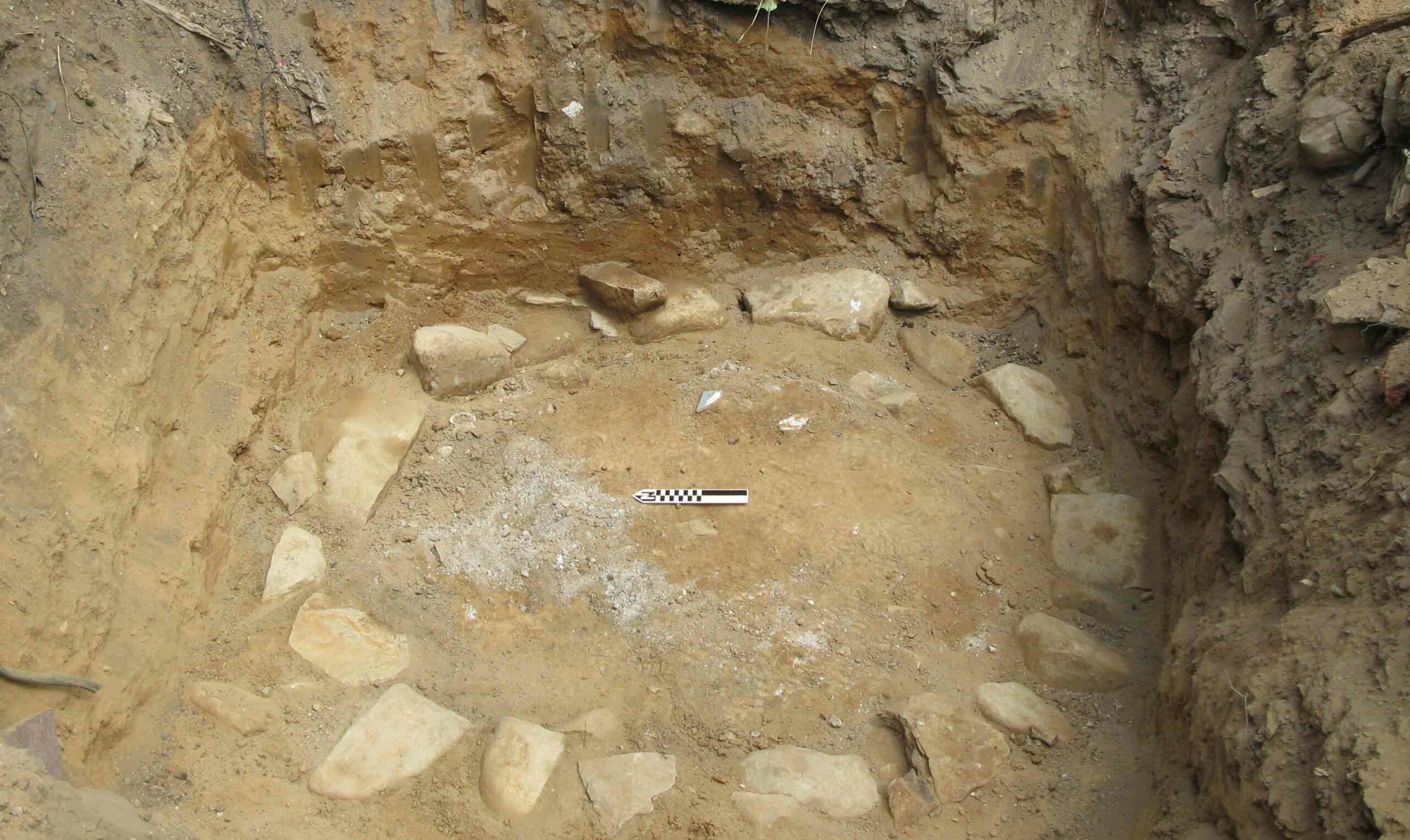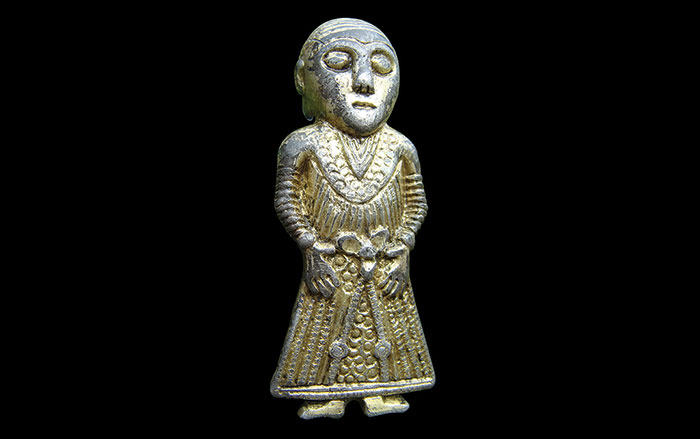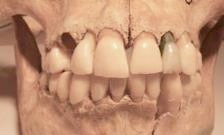
LONDON, ENGLAND—Only five percent of Roman Britons had severe gum disease, despite the prevalence of infections, abscesses, and tooth decay in their smiles, according to a study conducted by a team made of researchers from King’s College London and London’s Natural History Museum. They examined 303 skulls recovered from a cemetery in Dorset. Most of these people had died in their 40s sometime between 200 and 400 A.D. “The amount of severe gum disease around today is around one third of the population. But much to our surprise these people didn’t have a lot of gum disease, but they did have a lot of other dental problems,” Francis Hughes of the dental institute at King’s College London told BBC News. Wear and tear from abrasive grains and cereals in the pre-toothbrush age probably contributed to longstanding infections and chronic pain. “This study shows a major deterioration in oral health between Roman times and modern England. By underlining the probable role of smoking, especially in determining the susceptibility to progressive periodontitis in modern populations, there is a real sign that the disease can be avoided,” added Theya Molleson of the Natural History Museum. For more on the study of dental health, see "The Virtues of Stone Age Dentistry."


